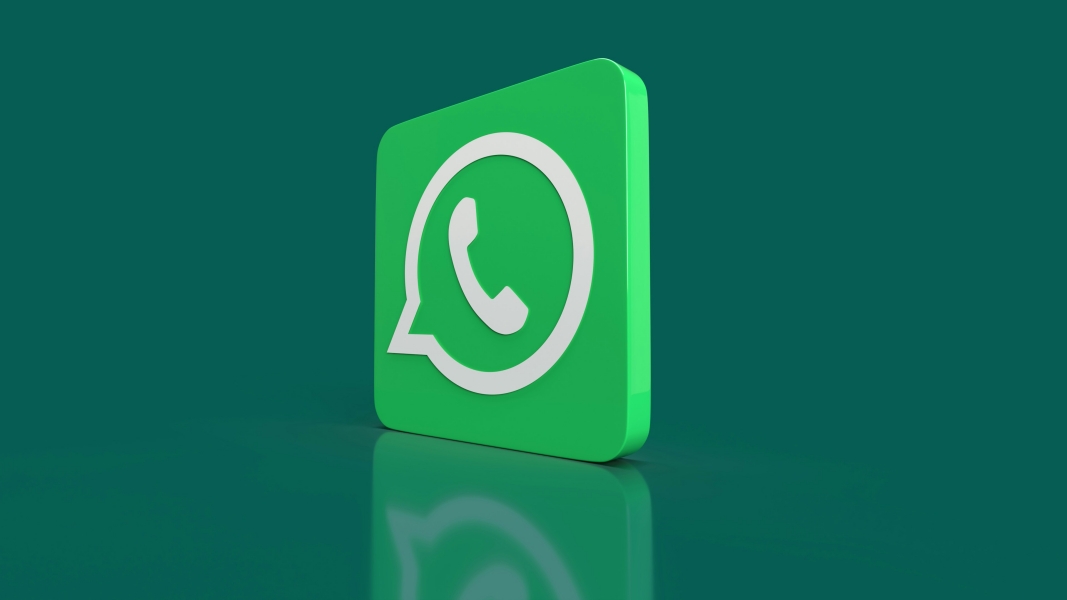Transforming e-commerce through WhatsApp: A modern approach to customer engagement
Written by
Editorial TeamPublished on
Is your e-commerce strategy keeping up with the future? WhatsApp is no longer just for chatting – it’s a powerhouse for real-time marketing, customer satisfaction, and revenue growth. Read on to uncover practical tips and proven tactics to make WhatsApp an essential part of your business success. (Ad)

(Image Source: www.unsplash.com)
Commercial collaboration
While email open rates continue to decline, hovering around 20%, WhatsApp messages are seeing unprecedented engagement with open rates above 85%. This shift isn’t surprising – we’re all more likely to check a WhatsApp message than wade through our overcrowded email inbox. Beyond the impressive open rates, WhatsApp’s click-through rates often exceed 45%, dwarfing email’s typical 2-3%. However, the platform’s true power lies in its strategic use.
Why WhatsApp is revolutionizing e-commerce
Here’s where many businesses get it wrong: they see WhatsApp as a replacement for email marketing. In reality, these channels work best when they complement each other. WhatsApp should be used strategically and sparingly to maintain its effectiveness. Think of it as your high-impact channel for time-sensitive communications and personal interactions, while email handles the heavy lifting of detailed content delivery. It’s most effective when used selectively for revenue-driving campaigns and customer satisfaction initiatives.
The most immediate revenue impact often comes from well-timed newsletters promoting special deals, but WhatsApp’s capability extends far beyond simple promotional messages. The platform enables sophisticated marketing flows that can nurture customer relationships and drive sales at key moments in the customer journey.
One of WhatsApp’s greatest strengths is its ability to reduce customer friction points through instant messaging and interactivity. Unlike email’s asynchronous nature, WhatsApp offers immediate responses – you click a button and can instantly get an answer. Shipping updates, delivery notifications, and order confirmations feel more immediate and accessible when they’re sent through WhatsApp.
Consider abandoned cart recovery: instead of sending another easily-ignored email, imagine sending a friendly WhatsApp message asking if the customer needs help with their purchase or if they have unanswered questions that can be addressed instantly. This immediate, personal approach often leads to higher recovery rates and better customer satisfaction.

Image: www.unsplash.com
Best practices for monetizing WhatsApp
Here are a few suggested steps to get started with WhatsApp for your ecommerce business:
1. Convert your existing audience
Begin by migrating your current customer base to WhatsApp. Create compelling opt-in opportunities through email campaigns and website widgets. Offer meaningful incentives like exclusive discounts to encourage sign-ups. Many businesses have found success with initial discount offers of 10-15% for WhatsApp subscribers.
2. Integrate your data systems
Leverage WhatsApp marketing software that offers deep integration capabilities with your existing tools. Syncing customer data between your email marketing platform and WhatsApp CRM enables sophisticated segmentation and personalized messaging strategies.
3. Launch strategic campaigns
Start with focused promotional pushes, limiting yourself to 1-2 high-impact campaigns per month. This restraint helps maintain the channel’s effectiveness and prevents customer fatigue. Consider timing these campaigns around key shopping events or seasonal peaks to maximize their impact.
4. Implement automated flows
Besides Campaigns, one of WhatsApp’s most powerful revenue-generating capabilities is its ability to create automated, personalized customer journeys. These flows can significantly increase customer lifetime value while reducing manual workload. Key automated sequences should include:
● Welcome flows for new subscribers
● Abandoned cart recovery
● Order and shipping updates
● Post-purchase follow-ups
5. Enhance customer support
Consider implementing WhatsApp as a primary support channel. Modern WhatsApp marketing tools offer AI-powered automation capabilities that can handle routine inquiries while seamlessly escalating complex issues to human agents. This hybrid approach has helped businesses reduce response times by up to 90% while maintaining high customer satisfaction rates.\
The future of WhatsApp commerce
While WhatsApp has been a dominant force in personal communication for years, we’re only now seeing businesses wake up to its true potential as a commercial platform. What’s fascinating is how quickly this transformation is happening – businesses that were hesitant about WhatsApp marketing just a year ago are now making it a cornerstone of their customer engagement strategy.
Experts working with numerous e-commerce businesses notice a clear shift in how companies view WhatsApp. It’s no longer just an experimental channel but israpidly becoming an essential pillar of modern e-commerce operations. The reasons are compelling: customers consistently show higher engagement with WhatsApp communications, appreciate the personal touch, and value the immediate nature of the interactions. Looking ahead, they predict that WhatsApp will become an indispensable channel for customer interaction in e-commerce.
***


